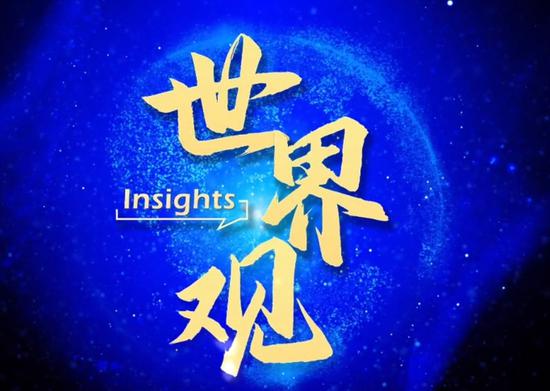Insights | U.S. to replay Cold War via trilateral leader's summit with Japan, Philippines: scholar
By Lin Zhuowei, Chen Tianhao
(ECNS)—The first-ever trilateral summit among the U.S., Japan, and the Philippines was held at the White House on April 11, with debates around the contested South China Sea high on the meeting agenda, capturing the attention of international media and analysts.
Troubled Uncle Sam to replay Cold War and retain global primacy
While in the Philippines, we have the expansion of U.S. military troops in the Philippines, "so these developments and the trilateral summit look a lot like yet another step by the U.S. to replay key elements of the Cold War," told Mahoney, a professor at East China Normal University.
"Historically, the United States has adopted and maintained a unipolar primacy posture, which has meant that globally the U.S. sees itself as being able to in effect, intervene anywhere and whenever it feels it needs to," said Warwick Powell, adjunct Professor at Queensland University of Technology and senior fellow at the Taihe Institute, during an interview with China News Network.
Nonetheless, the situation is changing, with the U.S. confronting challenges in its industrial capacity, economic development, and debt management. In response, "it has now embarked on a strategic orientation, which emphasizes the role of microlateralism or the formation of alliance structures" to solve the crisis and maintain its primacy around the world, noted Powell.
The U.S. responds in ways that seek to reamplify its military capabilities in the name of deterrence doctrine, but deterrence itself is a very limited strategic tool, the expert said, adding that "the downside of deterrence is that it runs the risk of provoking reactions from other actors, thereby leading to an escalation of conflict".
The South China Sea is a brutal example of that. While it keeps instigating fears of China, what the U.S. is not candid about is its "incredibly dangerous and destabilizing actions by nuclear submarines… there above water," according to Mahoney.
U.S., the greatest threat to stability in SCS
"China's current external stance and military actions present an unprecedented and the greatest strategic challenge, not only to the peace and security of Japan but to the peace and stability of the international community at large," Japan Prime Minister Fumio Kishida addressed the U.S. Congress during his recent visit to the U.S., reported Reuters. “Without the presence of the United States, how long before the Indo-Pacific would face even harsher realities?"
Regarding the remark, Mahoney points out that the term "Indo-Pacific", which has been popularized by countries with hostile agendas against China as part of the geostrategic aims from Washington, reveals the real intentions of the U.S. and its allies.
"The ideological value is to link the Pacific and Indian Oceans, which together constitute by far the largest area of the world, as a contested space, one in which China is to be constrained as much as possible."
The U.S. Ambassador to Japan Rahm Emanuel admitted, during a Bloomberg interview, that the U.S. seeks to isolate China through Biden's meetings with Kishida and Marcos.
The U.S. is trying to undermine China's economic and technological development while also trying to push China into the middle-income trap, as it did Japan in the 1980s, however with the Philippine authorities’ support this time, added Mahoney.
"It's amusing: I can't think of any countries that have brought more harm to the Philippines in the past century than Japan or the U.S., a history that is well known in the Philippines, and yet, these meetings are promoting an anti-China message and warning especially about the South China Sea."
"America's continued pursuit of primacy is actually the greatest source of instability and the greatest risk to peace," commented Powell.

